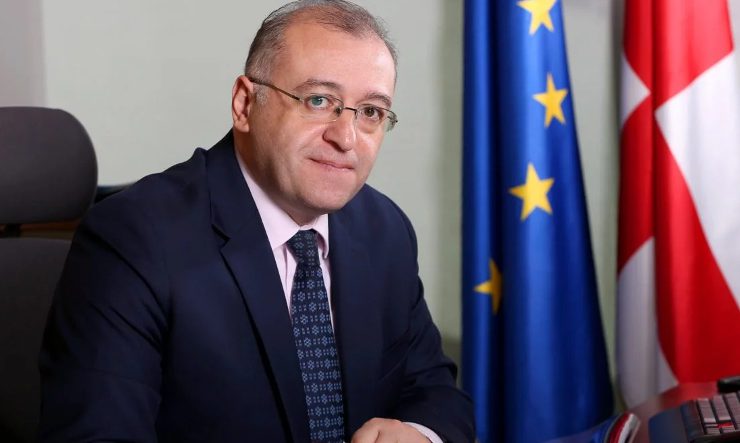- The framework will contain regulations for crypto exchanges regarding licensing, compliance testing, and anti-money-laundering (AML) measures.
- The regulatory framework has also been developed with technical assistance from the International Monetary Fund.
- At such stage, the draft legislation includes registration and licensing requirements for crypto market players, as well as compliance testing and AML controls.
A crypto market will be regulated by the NBG in Georgia. Based on the requirements of the Financial Action Task Force, they have developed a draft of the relevant legislative changes.
The decision was announced by Koba Gvenetadze, the governor of the National Bank of Georgia (NBG), in an interview with The Financial, which may be found here.
He pointed out that banks and other financial organizations are not permitted to provide cryptocurrency-related services. Financial institutions will also classify investors in digital assets as high-risk customers, and the institution will provide them with protection against the asset class in which they are investing.
Furthermore, Gvenetadze said that since cryptocurrency is not regulated in Georgia, it is impossible to get precise information on the number of cryptocurrency transactions in the nation.
His statement was supported by the MONEYVAL Fifth Round Mutual Evaluation Report of Georgia, which was released in September 2020 by the Committee of Experts on the Evaluation of Anti-Money-Laundering Measures and the Financing of Terrorism, which indicates that crypto trading volume ranges between $1.1 million and $1.6 million per month.
Georgia has been a popular site for bitcoin mining companies because of the low electricity cost and the lack of government oversight. Bitfury, one of the industry’s leading Bitcoin mining companies, has made its home in the city.
According to a new analysis by Arcane Research, the crypto mining industry in Georgia has piqued the curiosity of over 3.9 million people. The analysis indicates that the nation contributes only 0.18 percent of the overall Bitcoin hash rate, which is negligible.
According to the research, Georgia also boasts a favorable tax regime for Bitcoin miners, with a 0 percent tax rate for Bitcoin miners, a 15 percent IT tax rate, and an 18 percent VAT rate for corporate miners.










Comments (No)